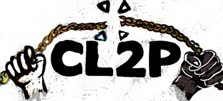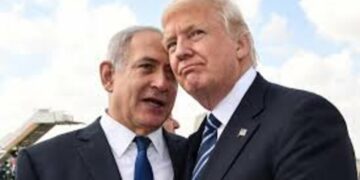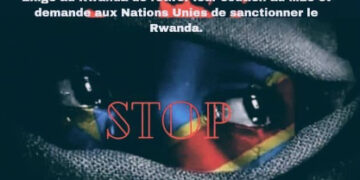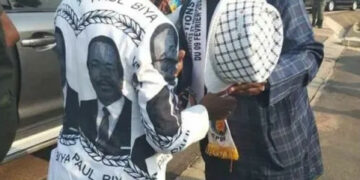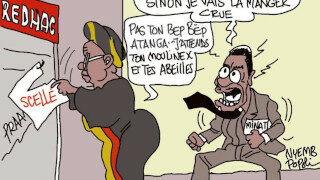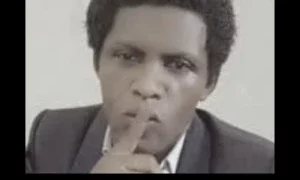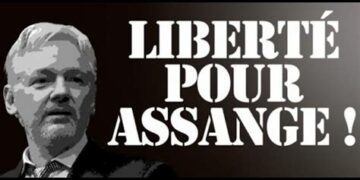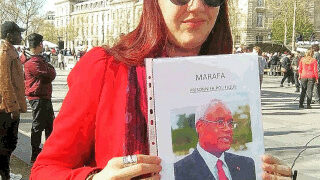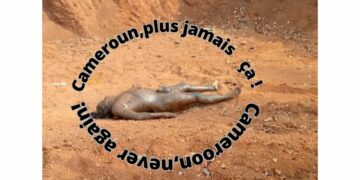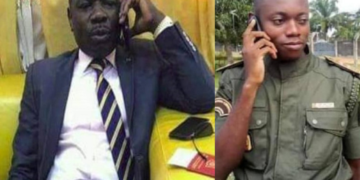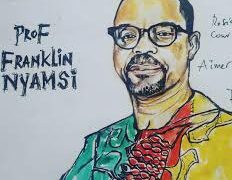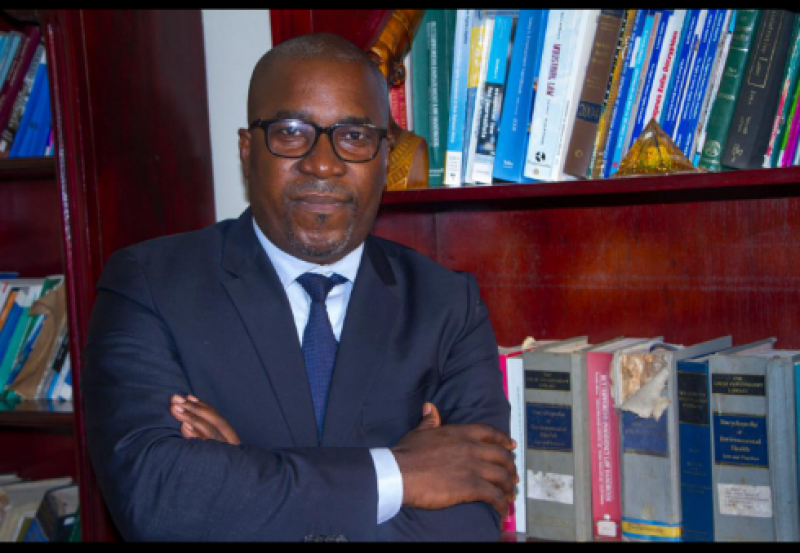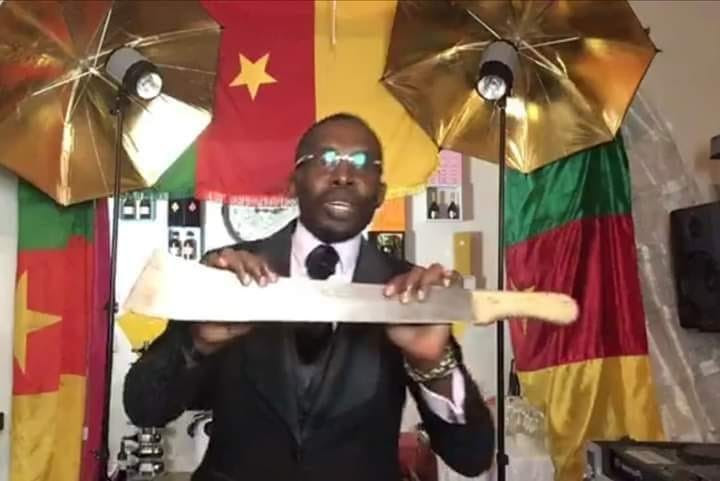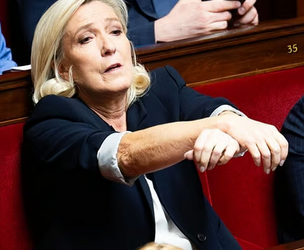The former political detainee took to Facebook Sunday, September 22, 2019 to voice his frustration at the way delegates to the dialogue convened by Cameroon’s Head of State, Paul Biya are being chosen.
The Vice President of the African Bar Association, AfBA, in charge of Central Africa opened his lamentations thus: “Interesting to note the composition of the ‘regional delegation’ for the Centre region, put together under the aegis of the Centre Region’s Governor (other regional governors are doing same). These are the delegates to take part in the ‘preparatory consultations’ (likely to develop a regional position) ahead of the Dialogue itself.”
Agbor Balla who spent about eight months at the Kondengui Principal Prison for his role in the Anglophone Crisis fears that the dialogue that should end the crisis may turn out to be a gathering of the ruling class, members of President Paul Biya’s Cameroon People’s Democratic Movement, CPDM.
His words: “One notes that the list is comprised of:
1) current Cabinet Ministers (CPDM),
2) former Ministers (CPDM),
3) Secretaries General and Technical Advisers at some Ministries (also senior State officials),
4) General Managers of State-owned enterprises/companies, and of course,
5) actual CPDM Permanent Delegation and Section/Sub-section leaders.
“If that reflects the ‘composition’ of the Centre region, it will be interesting to see what obtains in other regions. Such composition of the ‘regional delegations’ to the Dialogue process suggests that independent, or non-establishment actors (professional orders, religious bodies, civil society, etc) should steer clear of the regional delegations ‘as such’, and that much attention should be paid to how the different overall segments of society are represented in the Dialogue process.
“A combination of Ministers, former Ministers, senior State functionaries, Traditional rulers (who it should be remembered are on State payroll), and ruling party cadres could quickly ‘populate’ the Dialogue seats, and constitute 80 per cent of its attendees. (And this is without taking into account several others who ‘moonlight’ as being civil society, or running development associations in their respective regions, and are Directors/senior officials in the public administration).
“It also shows the challenges with the Prime Minister handling the process, and of regional Governors (unelected officials, and whose role is itself under some questioning, in the context of empowering the regions) being the ‘convenors’ of these regional mini-dialogue preparation processes. They will have to ensure that non-establishment representation is given equilibrium, if not the Administration will be speaking to, or amongst itself, at the Dialogue – something it should already be doing, daily.”
Agbor Balla is President of the now outlawed Cameroon Anglophone Civil Society Consortium, CACSC, formed in December 2016 to articulate the grievances of the people of the North West and South West Regions.
Source : cameroon-info.net – Par Atia T. AZOHNWI
[spacer style="1"]
ARRÊTEZ VITE ÇA !
APRÈS LE CENTRE, C’EST AU TOUR DU GOUVERNEUR DE LA RÉGION DU SUD DE PUBLIER LA LISTE DES REPRÉSENTANTS DE CETTE RÉGION AU GRAND DIALOGUE NATIONAL…
TOUS DES ” GRANDS CAMARADES”…
VIVEMENT QUE LE PM FRAPPE DU POING SUR LA TABLE…!!
CE N’EST PAS UN MINI CONGRÈS DU PARTI AU POUVOIR MESSIERS !!
ARRÊTEZ LA MASCARADE.
JE SUIS DU SUD ET JE NE ME RECONNAIS PAS DANS CE RAMASSIS DE “GRANDS CAMARADES”..
QUE LES JEUNES DU SUD S’ORGANISENT À S’OPPOSER À CECI !

